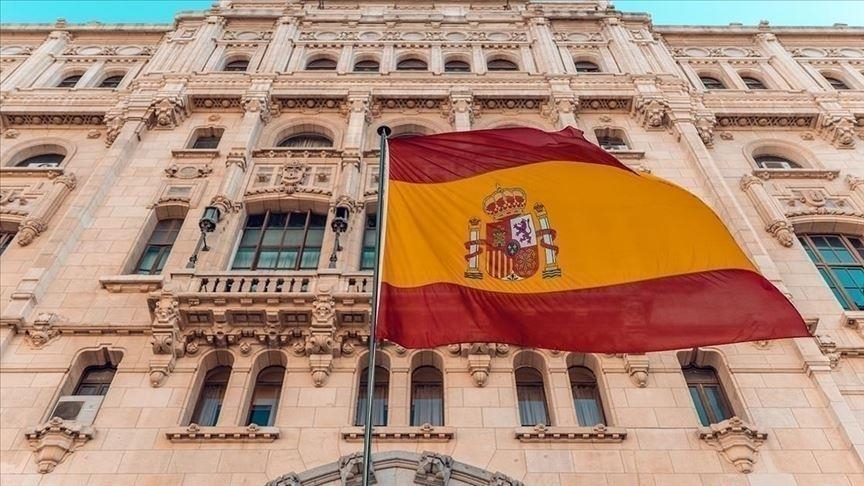Spanish minister admits raising defense spending will ‘be tough’
Country has vowed to nearly double its military budget by 2029

OVIEDO, Spain
Spanish Treasury Minister Maria Jesus Montero acknowledged on Friday that political negotiations to raise defense spending in the country “will be tough."
At this week’s NATO summit in Madrid, Prime Minister Pedro Sanchez vowed to increase Spain’s defense investments to 2% of gross domestic product by 2029.
Currently, Spain spends just 1.01% of its GDP on defense, the lowest share of any NATO country except for Luxembourg.
Its commitment to almost double its military spending in the next eight years entails the single most ambitious planned increase of NATO allies in Europe.
However, the government’s far-left junior coalition partner Unidas Podemos has come out against the proposal, part of which will have to be incorporated into the 2023 budget.
Last March, when Sanchez first floated the idea of reaching NATO’s 2% target, the Unidas Podemos party unanimously rejected the proposal.
“Our priority is increasing the budget for research, education, healthcare, and other materials that are particularly important during this crisis triggered by Putin’s war,” said Yoland Diaz, deputy prime minister and member of Unidas Podemos.
Yet, Sanchez is seeking to convince both his far-left partners and right-wing parties to agree to meet NATO spending targets.
“Sweden just broke 200 years of neutrality. Germany has changed its mind about defense spending. There is a seismic shift in the international order that is making everyone reconsider. How won’t Spanish politicians do the same?” the premier asked on Thursday.
This week in Madrid NATO Secretary-General Jens Stoltenberg said he expected NATO allies to increase spending over the next years.
“I understand that it’s always easier to invest in health, education and infrastructure, instead of allocating money for defense,” he said. “That was the reason why NATO allies reduced defense spending after the end of the Cold War, but if we reduce defense spending when tensions are going down, we have to be able to increase defense spending when tensions are going up.”
He explained that since NATO allies committed to increasing spending in 2014, they have added an extra $350 billion to military preparedness.
The “vast majority” of NATO countries have plans to hit 2% spending by 2024, and more and more nations are already hitting the target, he added.
According to NATO figures, nine of the 30 allied countries are already meeting the 2% threshold, with Greece and the US at around 3.5%.
Another 10 countries spend less than 1.5% of their budgets on defense, including Germany, Portugal, Canada, Spain, and Türkiye.
Anadolu Agency website contains only a portion of the news stories offered to subscribers in the AA News Broadcasting System (HAS), and in summarized form. Please contact us for subscription options.







